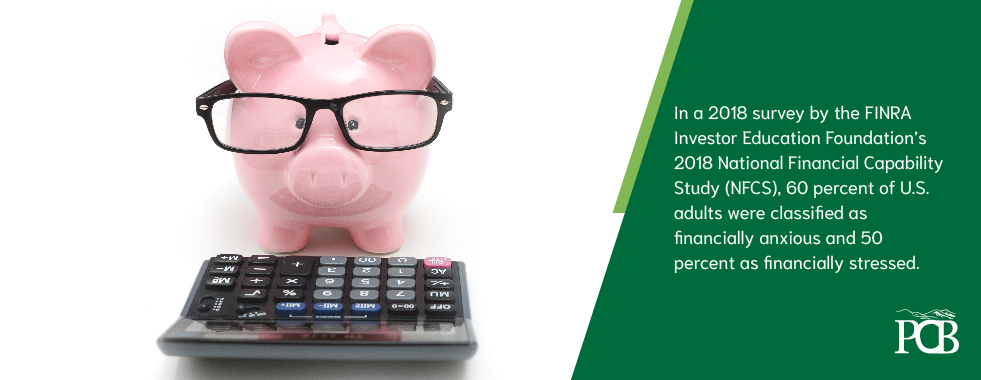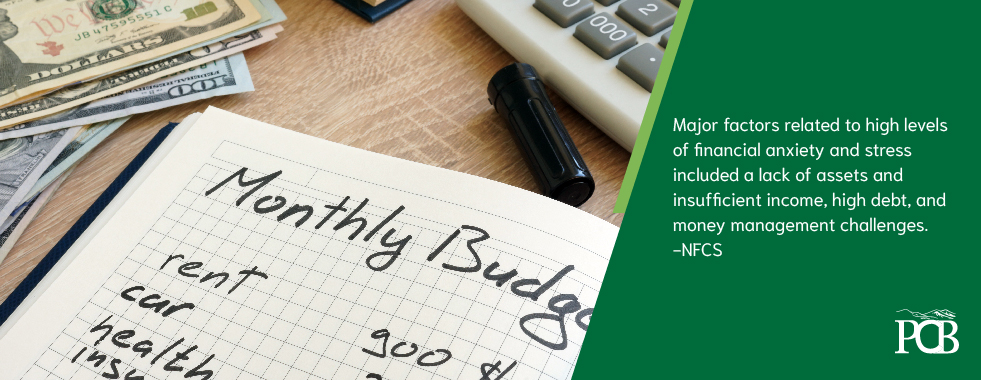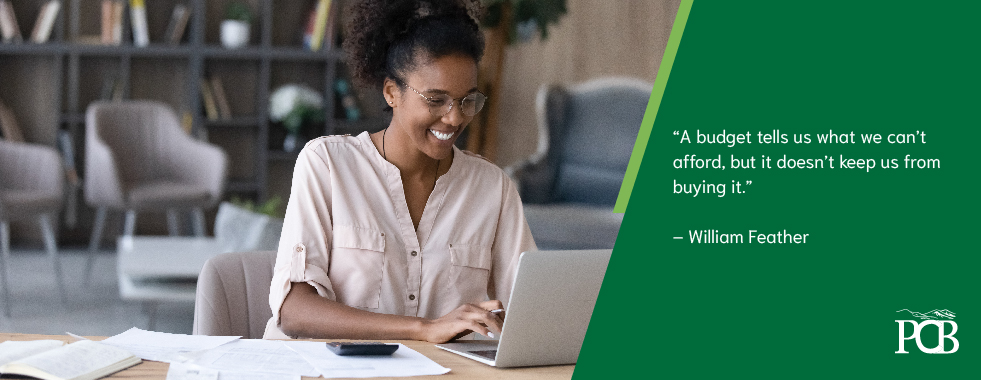
Are you looking to achieve financial independence, stability, or an important life goal (like buying a home!) in 2024? Making a resolution to create and maintain a practical, working budget is a crucial part of attaining all of these objectives.
Budgeting the old-fashioned way—with paper and pencil—can be a good way to gain a deep understanding of your spending habits and expenses. But it can also be time-consuming, produce inaccurate results, or simply be so tedious that you dread doing it. Budgeting tools can help automate the process, give you insights into your money management, and show you your financial potential.
If you’ve never used a budgeting tool before or were an avid fan of the Mint budget app, which shut down at the beginning of the year, you may be wondering where to start. This post will help you understand what budgeting apps can offer and how to choose the best app for your needs.

Types of Budgeting Tools Available
Budgeting tools come in various forms, each with unique features to cater to different financial and lifestyle needs. Here are the most common types and a little information about their benefits and drawbacks.
- App-Based Tools: These are mobile applications designed for on-the-go budgeting. They often sync with your bank and credit card accounts and track your spending in real-time. The downside of these apps is that free versions may be less useful, and premium versions often come with a subscription fee.
- Desktop Software: These provide more comprehensive features than apps and are ideal for detailed budget planning. However, be mindful that the cost of these programs can be expensive.
- Online Calculators: Simple and straightforward, these tools are perfect for quick budget assessments and adjustments—and are often free. You will need to enter your data yourself each time you want to calculate your budget.
- Spreadsheet Templates: For those who prefer a DIY approach, customizable spreadsheet templates that use Microsoft Excel or free spreadsheet software can be a great option, automating your calculations while still requiring you to compile and plug in the hard data.
- Paper and Pencil: Prefer to keep it basic? Grab your account statements, some graph paper or lined notebook paper, and your calculator to document your spending and analyze your budget by hand. Simplicity may be appealing, but be aware that this process can take time, and it can be easier to miss something without a template or pre-built tool.

Choosing the Right Budgeting Tool
As you explore the tools available to you, you’ll want to be sure you choose one that meets your needs, encourages consistent use, and doesn’t blow your budget itself. When selecting a budgeting tool, consider the following:
- Ease of Use: Look for a user-friendly interface, especially if you're new to budgeting or unfamiliar with money management technology.
- Features: Determine what features are essential for you—real-time tracking, investment monitoring, debt management, or auto-synching with accounts can all be useful features, depending on your needs.
- Security: Ensure that the tool has robust security measures to protect your financial data. Properly research any app or online tools before downloading and entering your personal or financial information.
- Cost: Budgeting tools range from free to subscription-based models. Decide what fits your budget.
- Your preferences: Do you like to micro-manage your spending habits every day, or are you simply looking to get a better idea of general trends? Are you tech-savvy, or do you work better crunching numbers by hand? Keep in mind that the most important part of successful budgeting is that it is a practice that you will sustain in the long run.

How Budgeting Tools Can Help You
Budgeting can have the ultimate benefit of helping you better manage your finances, achieve financial stability, and meet your financial goals. But these are the big-picture benefits of budgeting in general. Budgeting tools can make budgeting simpler, easier, more accurate, and more accessible. Here’s how:
- Tracking Spending: Budgeting tools can make it easier to monitor where your money goes, highlighting areas where you can cut back.
- Goal Setting: Tools can help you set and track financial goals, from saving for a vacation to paying off debt. Not sure where to focus? These tools can also provide insights into what important financial milestones to aim for.
- Financial Insight: Budgeting tools allow you to gain valuable insights into your spending habits and financial health, some even pooling and analyzing data so you don’t have to.
Bank-Sponsored Budgeting Tools
For those seeking a cost-effective solution, you’ll be happy to know that many financial institutions offer easy-to-use and free budgeting tools. If you’re looking for a local bank with budgeting tools, check out PCB's Spending Habits feature within online and mobile banking.
Take ultimate control of your money with Spending Habits, our personal financial management tool. Aggregate your accounts (both internal and external), view spending activity by category, build a comprehensive budget, view a cash flow calendar, get a full picture of your net worth, create financial goals, and more!
Best of all, Spending Habits is a no-cost budgeting tool for PCB customers!

How PCB Can Help
Budgeting can be overwhelming and tedious, but budgets are valuable tools for gaining insights into your financial habits and zeroing in on places to cut spending or increase savings. Fortunately, the process becomes significantly more manageable with the assistance of a suitable budgeting tool tailored to your needs.
At PCB, Spending Habits is not only a valuable tool in and of itself but it is also backed by local assistance and expertise, as well as products like online banking and bill pay that can facilitate your money management. Ready to start budgeting? Login to online or mobile banking, contact us, or stop by a local branch today!

